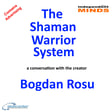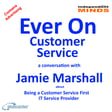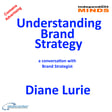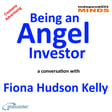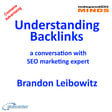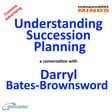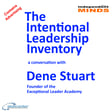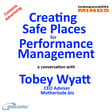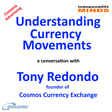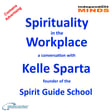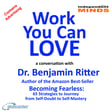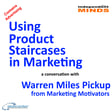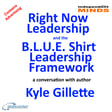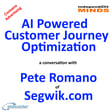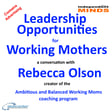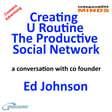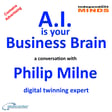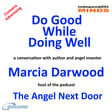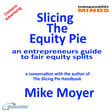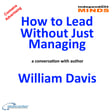
Successful online paid advertising – a conversation with Yaron Been
Yaron Been is the founder of EcomXFactor, and other ecommerce related businesses.
Yaron was encouraged to set-up an on-line store by a friend who had been successful. He ran this store, with his wife as a side gig to his day job for two years. After two years that business was successful enough for both Yaron and his wife to focus on ecommerce full time and adopt a digital nomad approach to working.
Yaron now focuses his business activities on sharing what he has learnt about digital advertising.
In this episode of the Abeceder podcast The Independent Minds, Yaron shares with host Michael Millward the logical approach to paid online advertising.
Michael describes how not understanding advertising led him to use content as a way of raising the online presence of his web shop Work Place Learning Centre.
Yaron explains how content can be used effectively within a marketing campaign, and how it contributes to the data that digital advertising generates to improve advertising and relationships with customers.
He describes how advertisers who take the long-term view when advertising online enjoy more success than advertisers who want instant returns. he learnt about how to create a commercial advantage from being an inclusive employer.
More information about Yaron Been and Michael Millward is available at abeceder.co.uk.
The Independent Minds is made on Zencastr, because as the all-in-one podcasting platform, Zencastr really does make creating content so easy.
If you would like to try podcasting using Zencastr visit zencastr.com/pricing and use our offer code ABECEDER.
Travel
Yaron is based in Georgia. With discounted membership of the Ultimate Travel Club, you can travel to Georgia, or anywhere else at trade prices on flights, hotels, trains, and so many more travel related purchases.
Fit For Work Look after your health and you will be fit for work.
We recommend The Annual Health Test from York Test; a 39-health marker Annual Health Test conducted by an experienced phlebotomist Hospital standard tests are carried out in a UKAS-accredited and CQC-compliant laboratory.
A secure Personal Wellness Hub provides easy-to-understand results and lifestyle guidance
Visit York Test and use this discount code MIND25.
Three the network Visit Three for information about business and personal telecom solutions from Three, and the special offers available when you quote my referral code WPFNUQHU.
Being a Guest
We recommend that potential guests take one of the podcasting guest training programmes available from Work Place Learning Centre.
We use Matchmaker.fm to connect with potential guests If you are a podcaster looking for interesting guests or if you have something interesting to say Matchmaker.fm is where great guests and great hosts are matched and great podcasts are hatched. Use our offer code MILW10 for a discount on membership.
We appreciate every like, download, and subscriber.
Thank you for listening.
